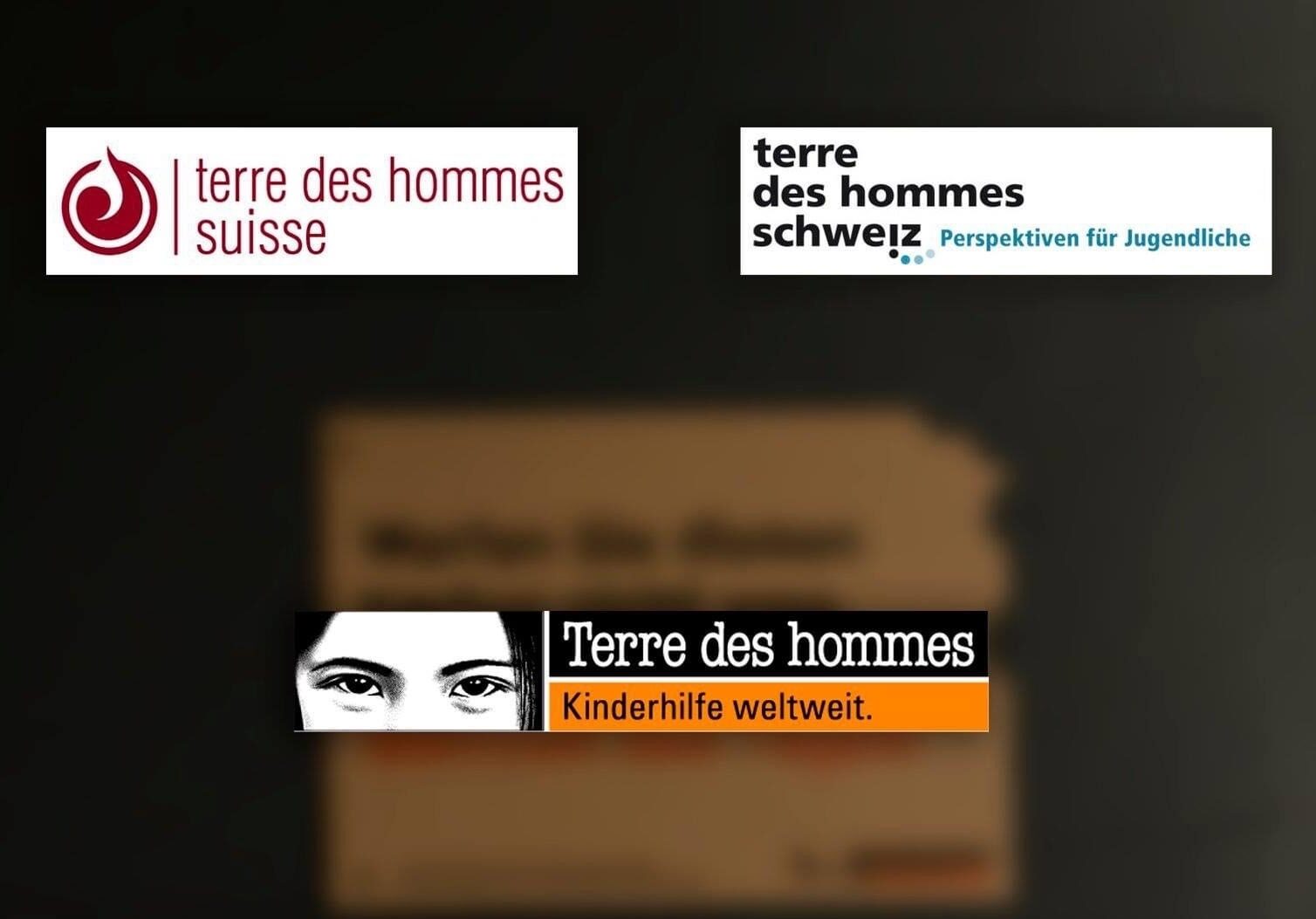The federal government wants to save on development cooperation: Next year, the new International Cooperation Strategy (IC) 2025 – 2028 and the budget for it will be discussed in Parliament. International cooperation makes an important contribution to strengthening democracy worldwide. In times of growing authoritarianism around the world, funding for this must not be cut.
As a highly globalized country, Switzerland is dependent on a stable and secure world. Many democracies have been weakened in recent years by the rise of populism and authoritarian nationalism. In increasingly unstable political contexts in which democratic rights are restricted, strengthening civil society is an important task of development cooperation.
Especially in autocratically governed countries, international cooperation with civil society actors makes an important contribution to the protection of human rights, even if cooperation with state authorities is reduced or impossible. A free and active civil society is one of the cornerstones of democracy. Development cooperation is also about strengthening rights such as freedom of speech and freedom of assembly. Sustained effective support strengthens the population in raising their voices to demand better public services, for example in education and health, to insist on transparency in budget issues and to hold governments to account. Strong liberal democracies are characterized by more than regular elections. They start at the grassroots and depend on an active civil society that can demand its rights.
Program for the culture of peace
Organized young people are powerful voices against rights violations and anti-democratic backlashes, especially in countries with authoritarian developments. When hate speech, populism and political polarization are on the rise, the promotion of democratic values and educational programmes is an important contribution to the long-term stabilization of democracies.
With our culture of peace programme, our partner organizations promote values such as tolerance and a culture of debate, thus counteracting rampant social division. In their groups, young people practise a respectful exchange between people with different opinions. Our projects create spaces for dialog to foster a democratic culture of debate. In training sessions, young people are also taught how to stand up for their rights in a non-violent way and how democratic and participatory decision-making processes work. This encourages them to take part in youth councils at local level and actively participate in political decision-making processes.
The reduced scope for action for civil society and the increasing tendencies towards polarization increase the risks for our projects. However, it would be completely wrong to withdraw in the face of increased challenges. In times of instability and threat, the principles of long-term partnerships and basic funding for organizations are more important than ever. In this way, we enable many organizations to survive on the basis of mutual trust and solidarity.
A fatal signal
In a highly interconnected world, Switzerland’s security and stability also depend on democracies in the global South. In view of the global pressure on democracy, the rule of law and civil society, cutting funding for international cooperation would be a fatal signal. If Western donor countries withdraw, autocracies such as Russia or China will fill the vacuum. Instead of cutting back on development cooperation, an increase in funding is needed in the face of global crises. Any cuts in funding would be devastating in the current geopolitical situation, with unforeseen consequences for Switzerland.
Strengthening development cooperation: Act now!
More and more people are suffering from hunger and poverty due to Covid, the climate crisis and war. Despite this, the Federal Council wants to make less and less money available for the Global South. At least CHF 1.5 billion from the development cooperation budget for the years 2025 to 2028 is to be used for Ukraine. Of course Ukraine needs our generous support, but this must not be at the expense of the Global South. Switzerland must finally meet the UN target it supports and earmark 0.7% of its gross national income for development cooperation.
This is why Alliance Sud and other organizations are using the #MoreSolidarityNow campaign to call for Switzerland to expand its development cooperation and allocate a generous budget to support Ukraine. Write your own message of support and share it on social media. Thank you for your solidarity!



